Human things often bear the same wounds as beings. Vinni la primavera (Win The Spring), whose conception, gestation and delivery took place in the midst of the pandemic, bears the traces of this recent past. After four years of afterthoughts, we decided to publish it as a lasting testimony to that everydayness, unthinkable before then, which profoundly marked the consciences, behaviours and worldviews of each of us: rocambolic musical rehearsals by remote connection, secret meetings, performances with masks, contagion after-effects… Ironically, one could say that if instead of Dante the protagonist was Boccaccio, the signs of a pestilence would have been a perfect viaticum to the happy musical result. Technical artifices would have largely mitigated these scars; but we here want to display them as tattoos.
At that time we could not even imagine or even hope to come out of that darkness “to see the stars again”; today a kind of damnatio memoriae towards those two years is widely spread. May this work of ours also be a reminder (which we hope will be engaging and fascinating) not to forget our helplessness in the face of that “general minister and guide” whose “changes are without respite”.
The deep bond between Dante and Sicily was the subject of a lecture by Giovanni Pascoli at the Dante Alighieri Society in Messina in February 1900. By summarizing it in the dodecasyllable “Alla Sicilia tendeva il cuor di Dante” (Dante’s heart turned towards Sicily), Pascoli identifies and lists the various and numerous expressions of admiration by Dante for that land, both in terms of its intrinsic beauty (“the beautiful Trinacria”) and, even more, its rich history, especially literary. Classical literary sources contribute to represent in Dante’s imagination glimpses of Sicilian landscape beauty, as though the poet had truly known colors, sounds, and scents of the island, even though it is a fact that he never stayed there. These sources include Ovid and Lucan, but especially his “duke, lord, and master” Virgil, who in turn owes his bucolic inspiration to the Sicilian Theocritus. From the greats of classical literature, Dante draws the images of Charybdis, Mount Etna (Mongibello), the earthly Paradise, and repeatedly refers to the stories and settings of the Trojan refugees as narrated by Homer and later by Virgil. However, his admiration for the Sicilian Poetic School is even more vivid, starting with its artistic language as a whole (the “vulgar language most worthy of praise”). In the De vulgari eloquentia, Dante also celebrates the protagonists of Sicilian political history, the “illustres heroes Fredericus caesar et bene genitus eius Manfredus.” In particular, Frederick II, the true unifying and driving force behind the School, is attributed five poetic compositions in illustrious Sicilian by modern philology.
Fabio Tricomi
Al Qantarah
Tracklist
Please note that the below previews are loaded as 44.1 kHz / 16 bit.Total time: 01:08:18
Additional information
| Label | |
|---|---|
| SKU | SACD226 |
| Qualities | |
| Channels | |
| Artists | |
| Genres | |
| Conductors | |
| Original Recording Format | |
| Analog to Digital Converter | dCS904 |
| Recording Location | Auditorium Museo Piaggio |
| Gear | Valve microphones Neumann U47, U48,M49 Mike pre-amplifiers, cables (line, digital, microphone, supply) Signoricci Recorded in stereo DSD on the Pyramix Recorder using dCS A/D and D/A converters |
| Release Date | October 10, 2025 |
Only logged in customers who have purchased this product may leave a review.
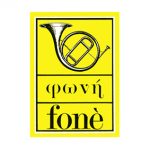
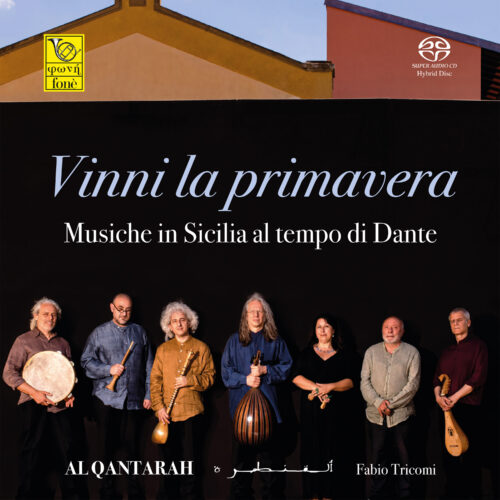
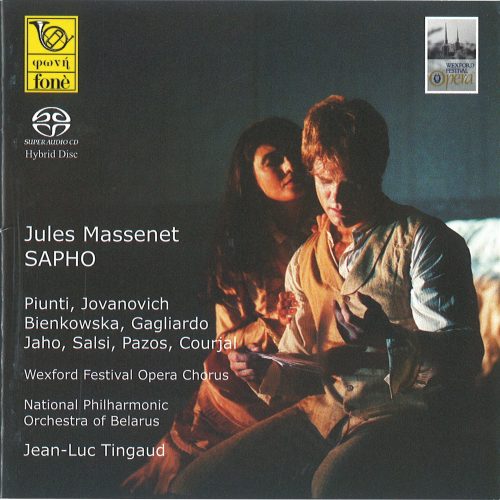
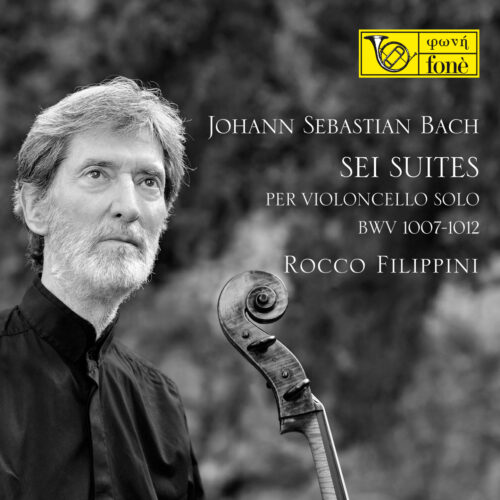
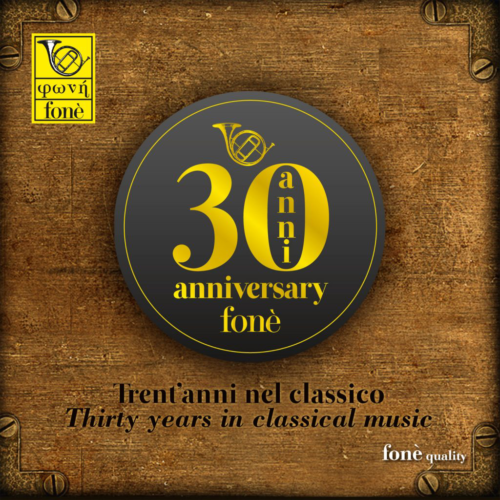
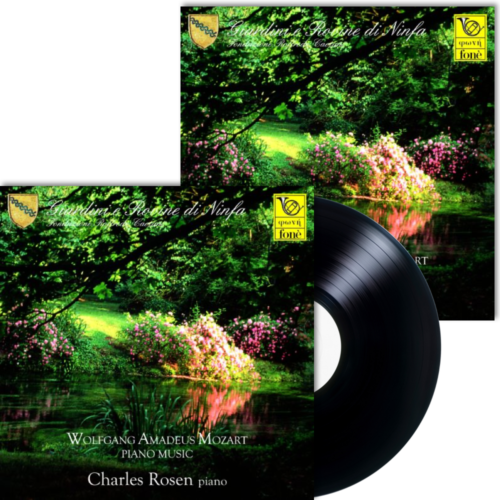
Reviews
There are no reviews yet.